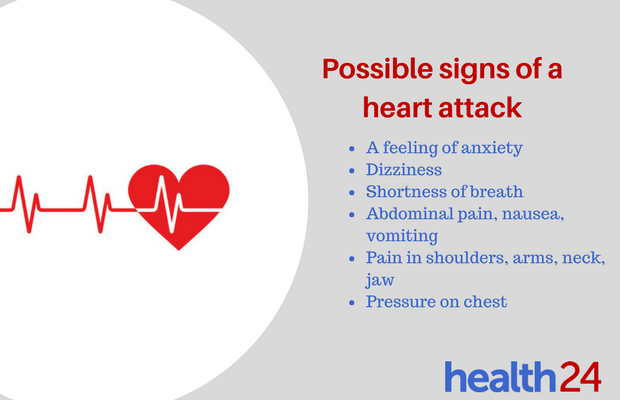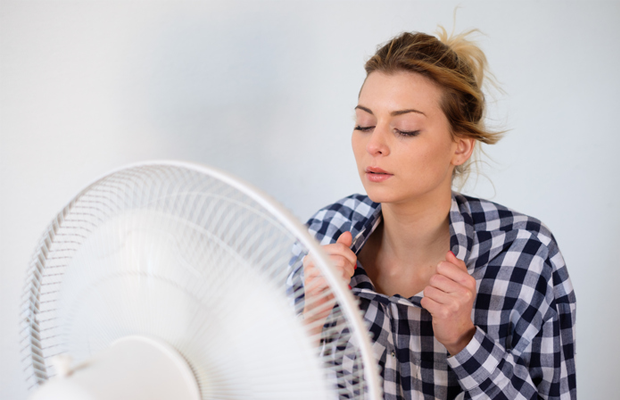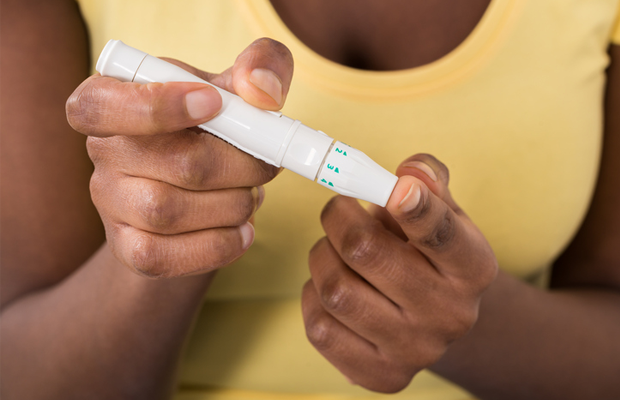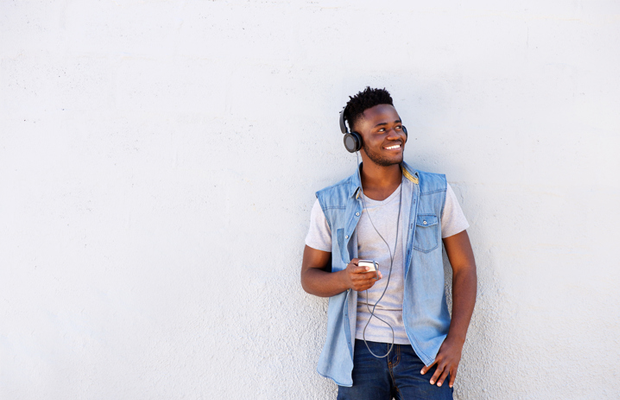Tomorrow at the office, pitch up in something really original. Dress as a man who’s rested, refreshed and bursting with energy. Trust us – no one will ever recognise you. Ah, if only it was that simple. But it is…
Energy Drain 1: Alcohol
You might be paying penace for too much Pinot Noir – or you might just be suffering from something called sleep inertia. This grogginess and disorientation you experience upon waking – which is especially severe if your alarm has interrupted deep sleep – can be as crippling as intoxication according to a study in the Journal the American Medical Association.
That’s because your barely awake brain needs time to reboot and bring it’s signals back up to speed after sleep.
“It will probably take you 30 to 45 minutes to shake off the grogginess,” says John Caldwell, PhD, a psychologist who has researched fatigue for NASA and the US military.
Fight It: Drink cold water
Chugging iced water and splashing it on your face can speed the transition from comatose to conscious.
“Cold triggers the stimulating hormone adrenaline,” says internist Dr Jacob Teitelbaum, the author of From Fatigued to Fantastic! This helps your heart pump stronger, boosting blood flow to your brain.
Another benefit: drinking water revives shrivelled cells after hours of sleep-induced dehydration, which is known to cause tiredness.
Read more: This is the best type of alcohol to drink if you’re trying to lose weight
Energy Drain 2: Stress
Your body responds to serious work and relationship stress the same way it would to a bear attack – by cranking out the fight-or-flight hormone cortisol.
“This raises energy levels initially, but your body can’t keep up with the cortisol demand,” says integrative physician Dr Alicia Stanton, the author of Hormone Harmony.
The effect: your cortisol plummets – and you tank just when you need to be on top of your game.
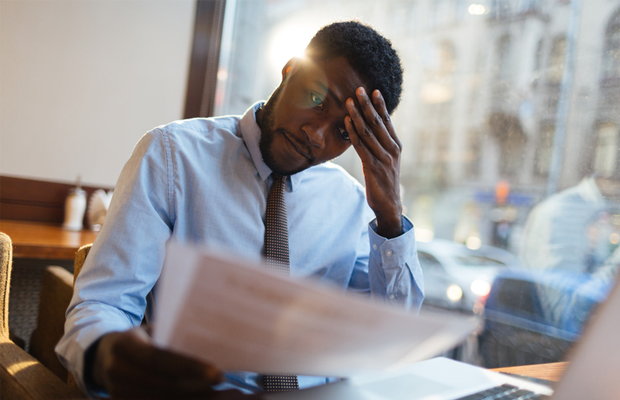
Fight It: Drink green tea
Don’t drain the office coffee machine. The megadose of caffeine will only leave you anxious and jittery, says nutritionist Dr Jonny Bowden, author of The 150 Most Effective Ways to Boost Your Energy.
Green tea, however, has just enough caffeine to boost production of the hormone adrenocorticotropin, which triggers the release of cortisol. It also contains EGCG, a flavonoid that promotes focus and calmness, Australian scientists say.
To achieve Don Draper smoothness, grab a glass about 90 minutes before you need it to kick in. “Green tea takes longer to hit than coffee does,” says Dr Bowden.
Energy Drain 3: Sleep
There’s a reason your eyelids feel like they have anvils on them. “Your body is not a machine,” says Dr Matthew Edlund, director of the Centre for Circadian Medicine in Florida and author of The Power of Rest. “It’s an organism that’s being continuously renewed and rebuilt.”
Much of this regeneration, including growth of new heart and brain cells, takes place during sleep. If you consistently log less than you need, your body becomes increasingly insistent that you pay off your sleep debt, says Caldwell. Add to that the monotony of staring at spreadsheets and the need for sleep becomes curl-up-under-your-desk urgent.
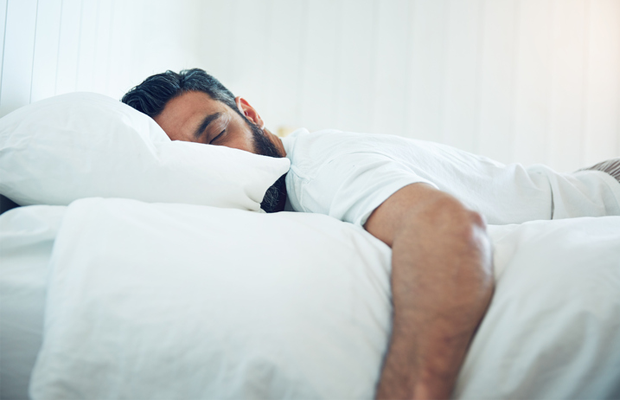
Fight It: Take a BS break
Can’t catnap in your car? Go visit your office mate. In one of Caldwell’s NASA studies, sleep-deprived participants acted more alert after taking a seven-minute break to chat.
The simple act of ungluing your rear from your chair helps too: in a recent study from the Aeromedical Research Laboratory, fatigued folks performed better on an alertness test when they took it standing instead of sitting.
Read more: 3 tips to a better night’s sleep
Energy Drain 4: Breakfast
How was breakfast? “Your morning meal sets the stage for the way your blood sugar behaves the rest of the day,” says Dr Stanton. If you skip it entirely, you deprive your brain and muscles of energising glucose.
Or if you grab a refined-carbohydrate meal, like a muffin, you’ll experience a brief sugar spike but then inevitably crash. When insulin rushes in, it helps clear sugar, but it also sends a signal to your adrenal glands to stop producing cortisol properly, says endocrinologist Dr Eva Cwynar, author of The Fatigue Solution. This can trigger a wave of exhaustion known as “adrenal fatigue”.
Fight It: Munch on protein
Grab a snack with at least 10g of protein – like two hardboiled eggs – to produce a steady rise in blood sugar and energy levels, counteracting a post-carb crash.
“Protein causes a peptide called CCK to be released in your gut. It satiates you and stabilises your cortisol and insulin levels for hours,” says Dr Cwynar.
Even if you ate a solid breakfast, a shot of protein can still help you power through the morning.
Energy Drain 5: Brain
Your feeling of exhaustion may be all in your head. In a recent Welsh study, cyclists who felt mentally fatigued stopped pushing themselves sooner than those who felt refreshed did, even though both groups’ cardiovascular and muscular responses to exercise were the same.
Brain drain may increase activity in the anterior cingulate cortex, an area of your brain in which motivation, emotion and perception of physical effort converge, the researchers say.
Fight It: Cue up some music on your phone
Cranking LMFAO does more than just motivate you; it can also boost your exercise performance. “People listening to music can run about 15% longer,” Dr Edlund says.
The benefit extends beyond endurance: A recent study from California State University at Fullerton found that people who listened to tunes they liked performed squat jumps more quickly and forcefully. Use the Rhythm Runner (free for Android devices) to create a cardio mix of songs with tempos that range from 125 to 140 beats a minute. Then, when you lift, switch to a motivating playlist.
Read more: 7 things you do in the morning that make you feel tired all day
Energy Drain 6: Afternoon
You were tearing through your to-do list before lunch, but now you can barely move your mouse. That’s because you’ve become mired in the circadian trough – also known as the afternoon slump – which typically strikes somewhere between 13:00 and 15:00.
“Your levels of cortisol (the get-up-and-go hormone) are high in the morning but then drop in the afternoon,” says Dr Bowden. Also at play are your levels of melatonin, the sleep hormone, which begin to rise around this time.
Fight It: Bask in the light
To stay out of the trough, join the blues brothers. In a 2011 Swiss study, men who parked themselves in the glow of bulbs that emitted blue light produced less sleep-inducing melatonin.
Purchase a compact fluorescent bulb – and install it in one of your desk lamps. Turn the lamp on around lunchtime, and leave it shining until 17:00. “This will stabilise your circadian rhythms and even improve your sleep later on,” says study author Dr Christian
Energy Drain 7: Coffee
Don’t stop at the coffee shop on your way to the bar. Combining alcohol and caffeine can increase risk-taking behaviour, possibly because the latter blunts the depressant effect of the former, according to a Cedars Sinai Medical Center review. Plus, the stimulating effect of caffeine may mask the feeling of being drunk. Mixing the two could reduce your ability to gauge your own intoxication, making you more likely to overdo it.
When the energising effects wear off, you’ll be sloshed and sleep deprived – a potentially lethal combination, says Dr Edlund.
Fight It: Take a power nap
Head, meet pillow. Just make sure you set your alarm: A 2011 study from Ireland showed that when you nap late in the day, you’re more likely to descend into slow-wave sleep, which if interrupted can bring on sleep inertia (see Energy Drain 1).
So limit your nap to 10 to 20 minutes. Recent Australian research found that this interval is brief enough to keep you out of the slow-wave zone while still allowing sufficient time for the sleep to work its magic.
Read more: Doing this in the afternoon will leave you more alert than a giant cup of coffee
Energy Drain 8: Cortisol
While you may think you’re a free man, you’re really a slave to your circadian rhythms. See, your body is going to command you to start winding down about an hour before your regular bedtime.
“You’re tired because your cortisol drops. It’s meant to be low so you can fall asleep and your brain can recover for the next day,” Dr Cwynar explains. This is an instance when you’re supposed to feel tired – which means you need a big-time boost.
Fight It: Chew gum
Caffeinated gum is what the US Army hands out to its combat soldiers, so it should be more than sufficient for your duties as wingman or to keep you on your toes for that meeting. For a boost that lasts three to four hours, says Caldwell, go with gum that has contains a fair amount of caffeine.
Gum is an even more efficient caffeine delivery system than coffee: “You release all the caffeine in about a minute,” Caldwell says. “It’s rapidly absorbed into your bloodstream through the blood vessels in your mouth and throat.”
Energy Drain 9: Testosterone
Your body is swimming in hormones – except it’s low tide for testosterone. Your T levels peak in the morning (the reason for your morning erection) and then significantly drop in the evening, says Dr Scott Isaacs, an Emory University endocrinologist.
This hormonal decline can cause your sex drive to take a nosedive, he says. What’s more, it can affect your overall stamina: “Testosterone is one of the most potent energy boosters men have,” notes Dr Cwynar.
Read more: 8 signs you have low testosterone levels
Fight It: Hit The gym
Lift iron to raise wood. “Men who work out regularly have higher testosterone and better performance in bed,” says Dr Isaacs. A higher baseline level of the hormone means the night time slump will be less pronounced – and less likely to impact your sex life.
Your T rises after just one workout, so exercise in the evening before a hot date. Keep it to about 30 minutes of weights or an hour of weights and cardio; going longer or doing only aerobic exercise may blunt your testosterone response, a 2012 study from Spain found.
This article was originally published on www.menshealth.com
Image credits: iStock



